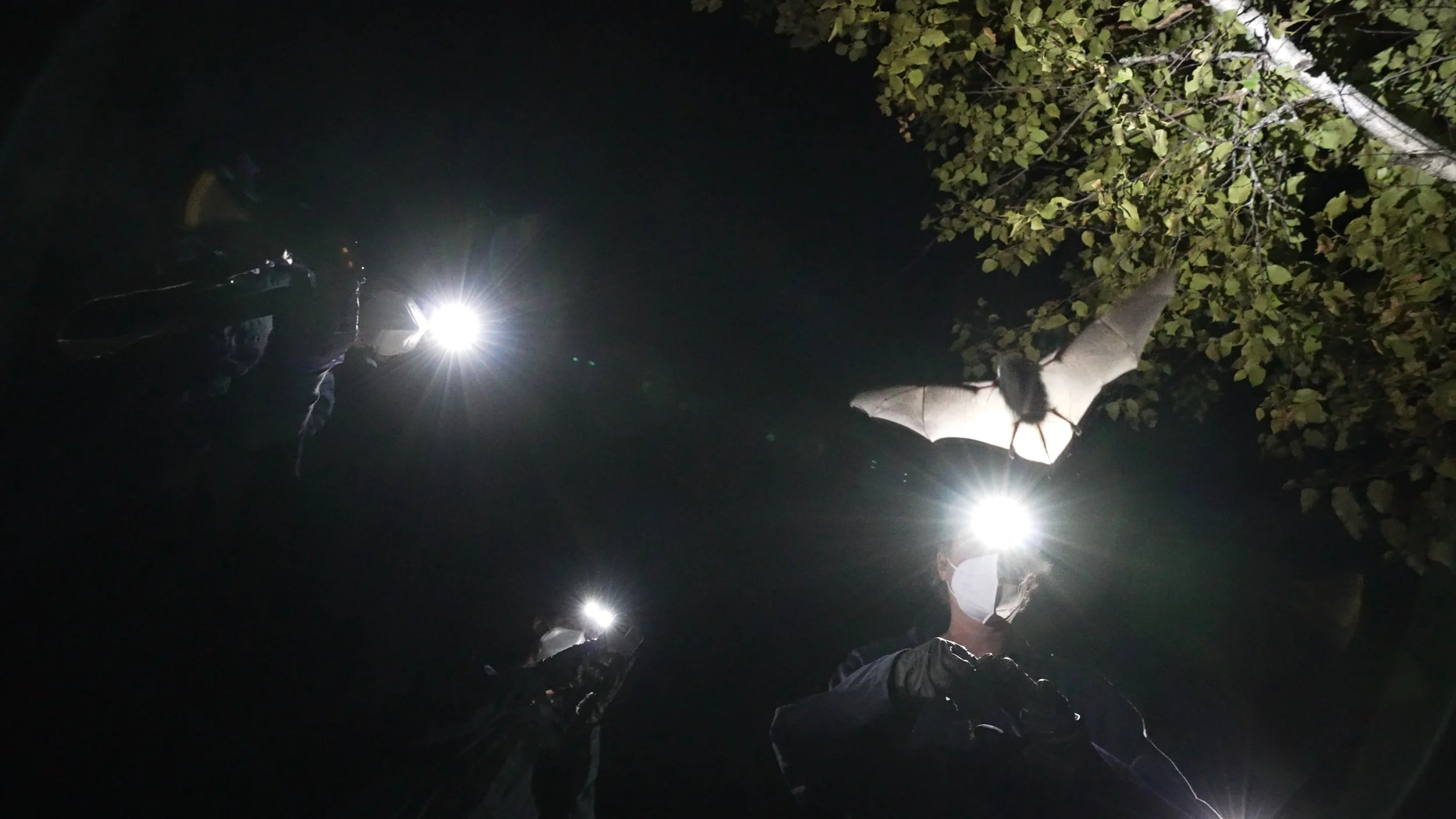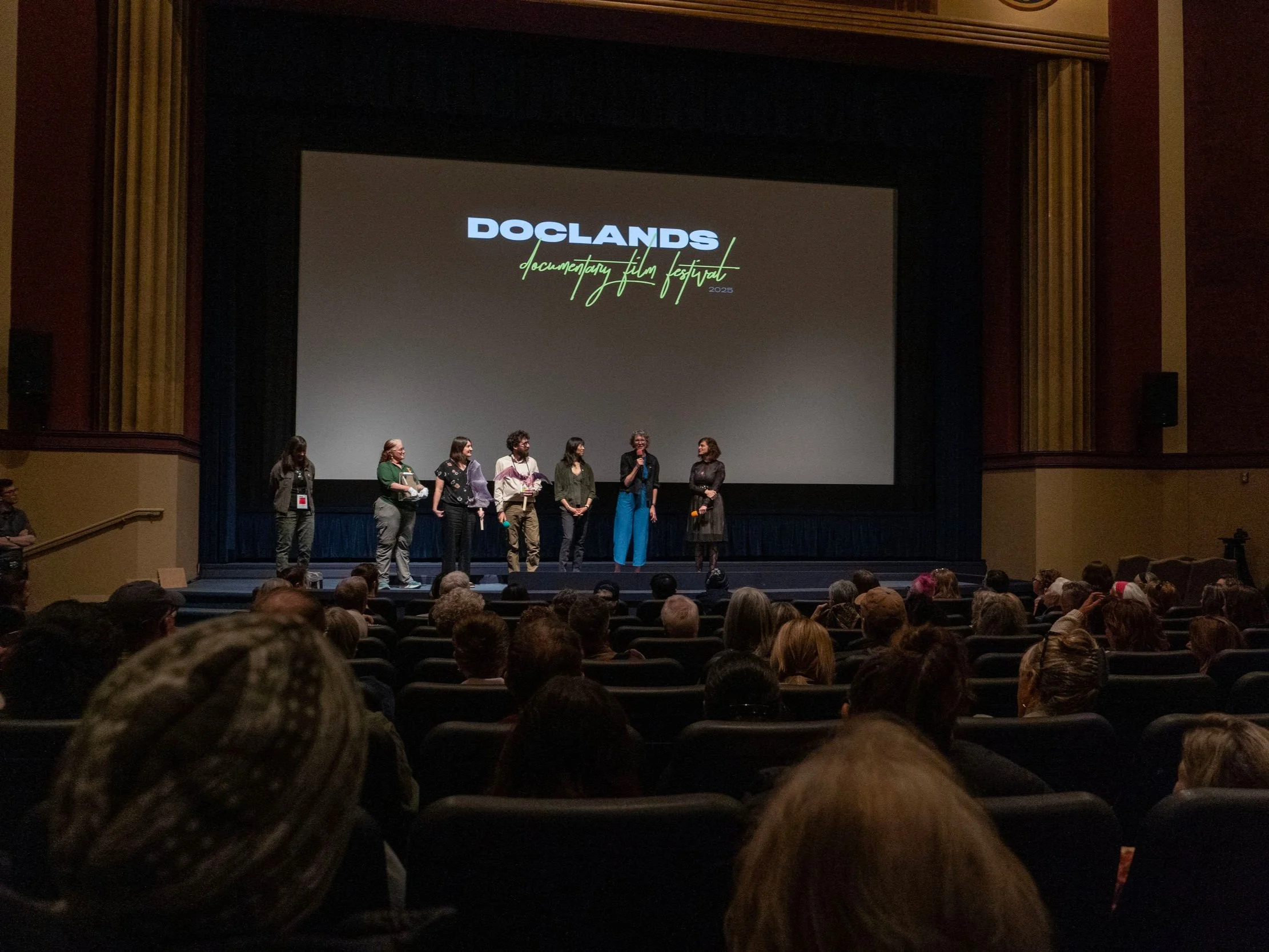Photos:





























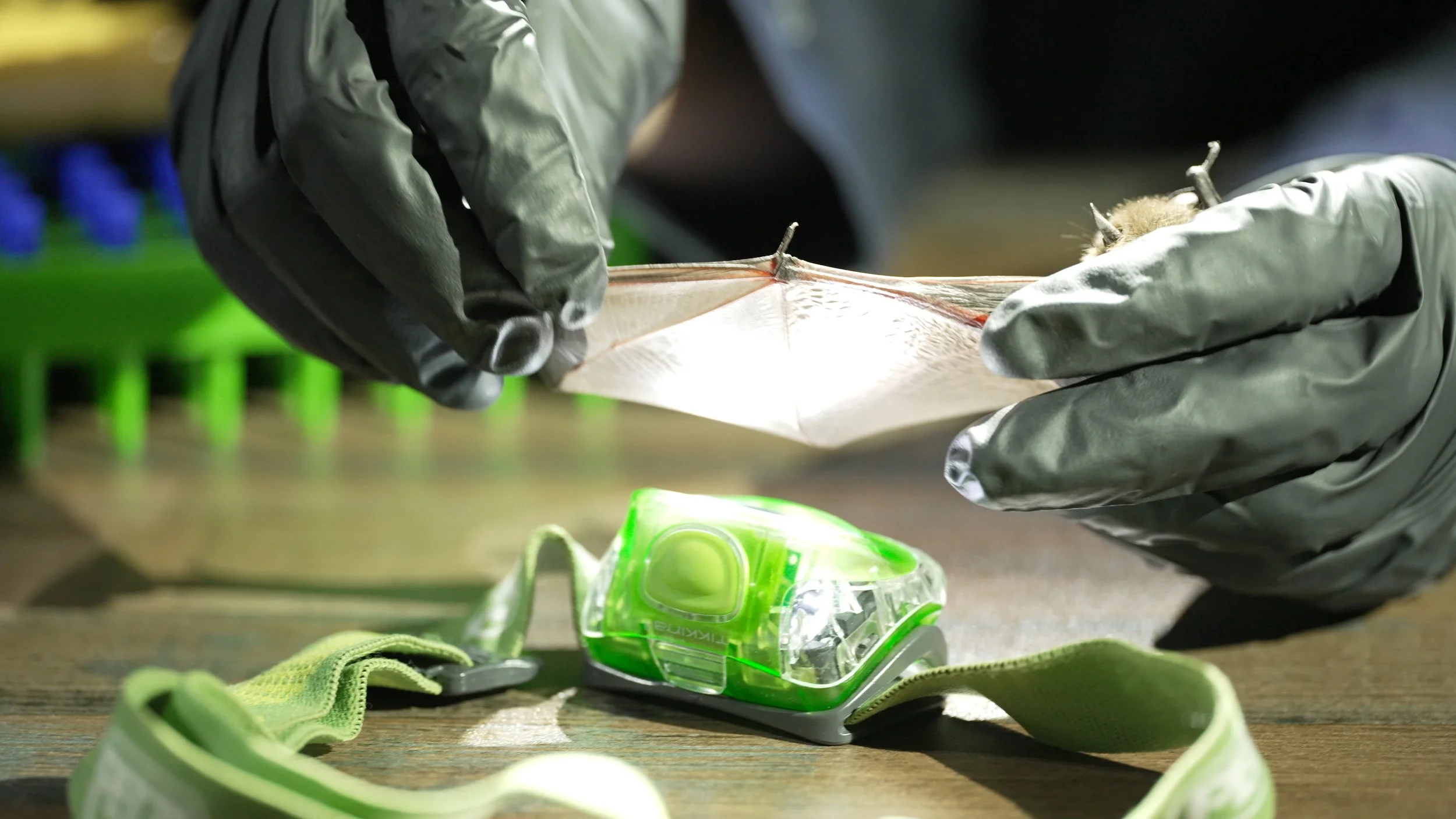

















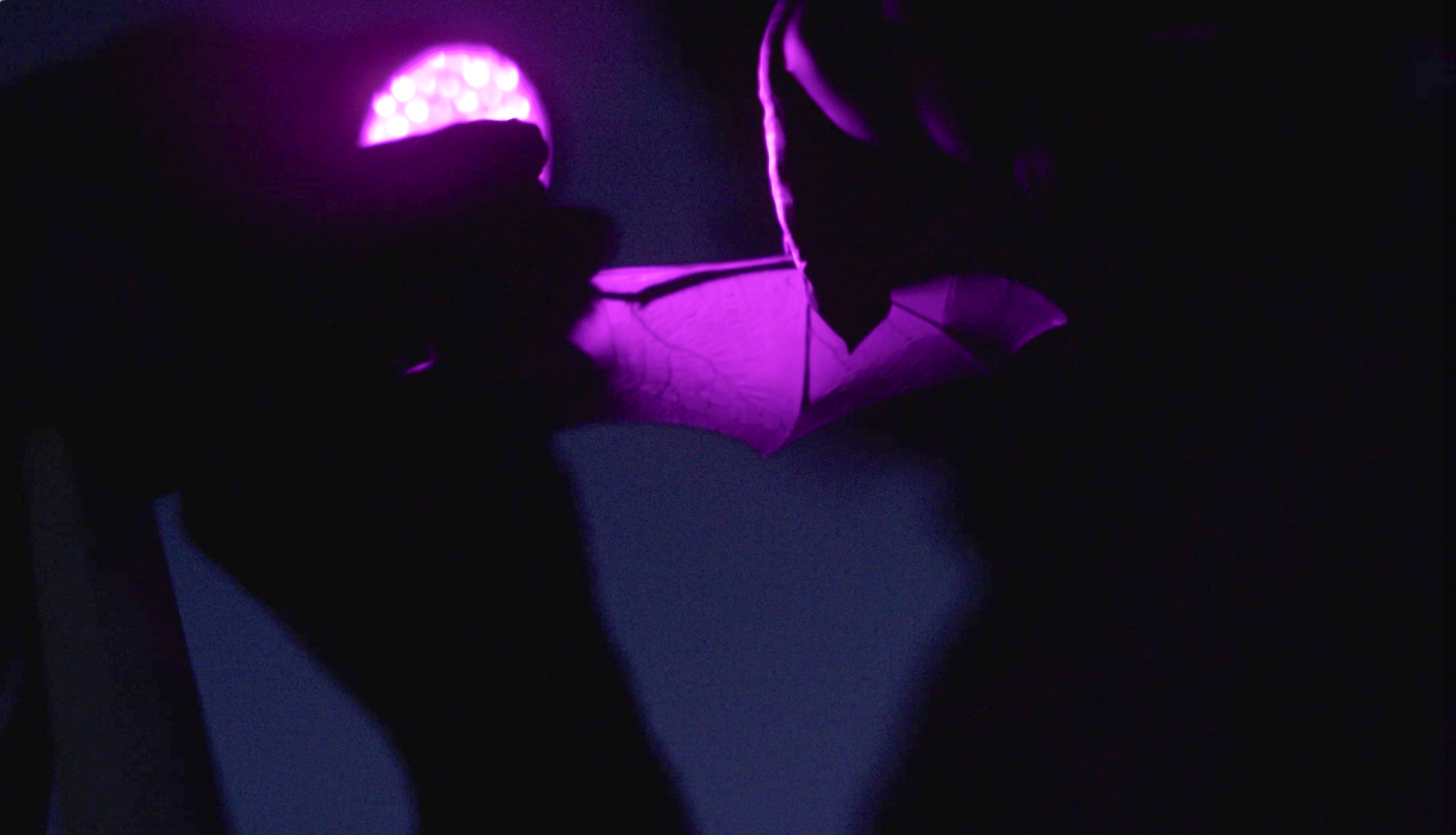





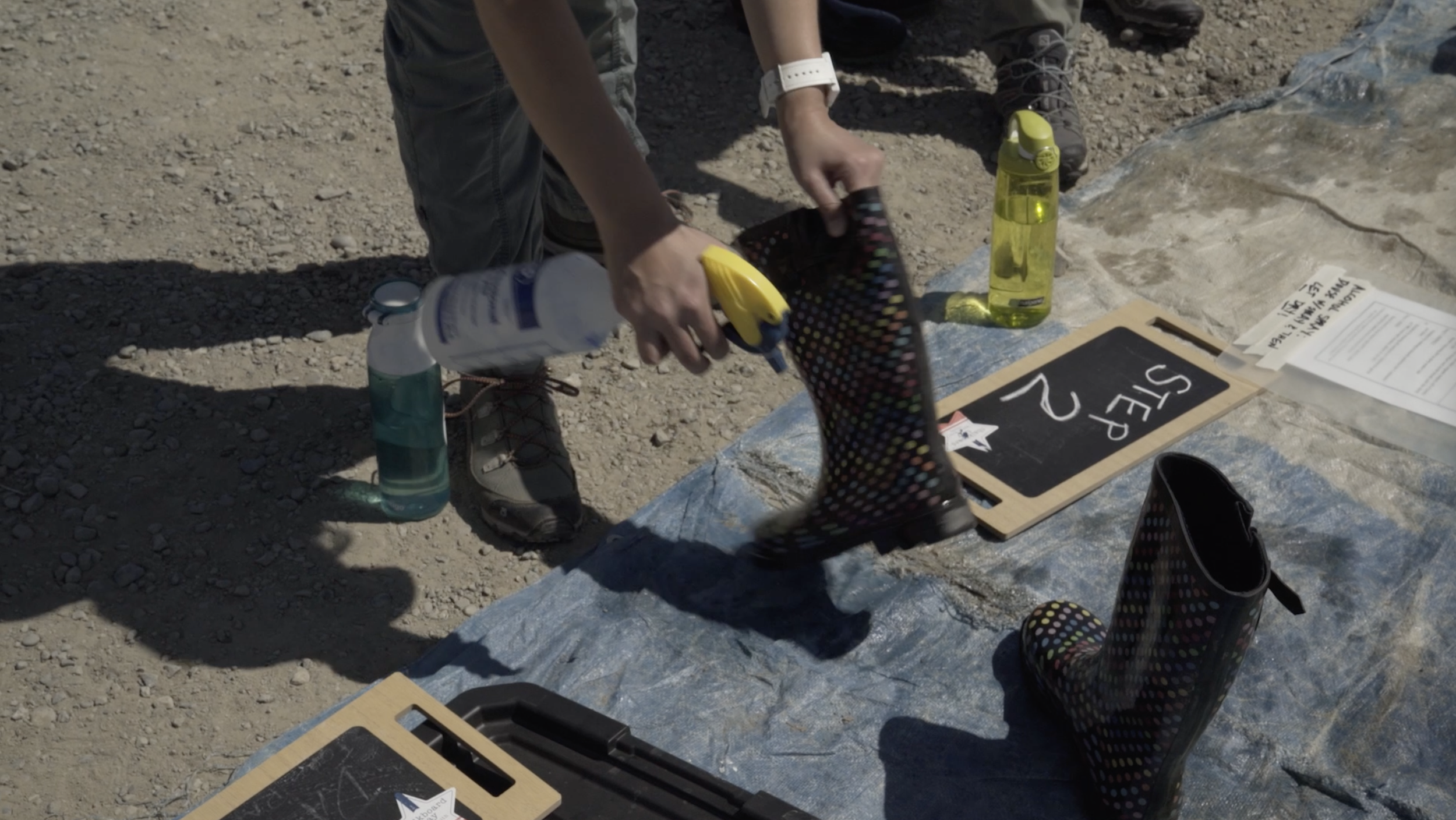



What PEOPLE are saying about the invisible mammal:
‘A taut, vital exposé that argues, convincingly,
that the greatest threats often come from creatures and crises we cannot see.
It is, simply put, essential, urgent viewing.’
— Texas Media Maker
‘"The Invisible Mammal" does an impressive job of driving home
the urgent need to save as many bats as possible, while we still can.’
— KQED
‘"The Invisible Mammal" can best be described as a highly entertaining stereotype-buster.’
— Beyond Chron
‘It will be hard to look at these “rats with wings” as budding Nosferatus
ever again after watching a scientist bottle-feed an orphan.’
Prepare to be ahh-ed.
— San Francisco Chronicle
‘It flows as beautifully as a murmuration of bats!’
— Filmmaker, Judy Irving, “The Wild Parrots of Telegraph Hill”
“Using beautiful slow motion cinematography and a bevy of California-based experts,
Tièche’s film is certain to attract both wildlife lovers
and chiroptophobes (folks with a deep fear of bats) alike.
— Pacific Sun
“You don’t need to be Bruce Wayne to love bats.
Thanks to gorgeous 4K slow-motion cinematography from the likes of Skip Hobbie,
the viewer will be able to see for themselves the beauty of bats in flight.
— Broke-ass Stuart
Read reviews here: SF Chronicle, Marin Independent Journal, Pacific Sun, East Bay Express, KALW, Broke-Ass Stuart, Richmond Review
DIRECTOR’S STATEMENT
In 1998, when I was a graduate film student at Syracuse University in upstate New York, I often went to the on-campus pub, The Inn Complete, with my schoolmates. One warm summer evening, I recall sitting on the balcony enjoying a cold beer and veggie burger, when I thought I saw something fly by head. I looked up and the sky was literally filled with bats! In all my life, I had never seen such a sight, and I thought it was just so cool to sit out and watch wildlife at work while having dinner.
Flash forward to 2009. At my home in San Francisco, I read an article in the New Yorker by journalist Elizabeth Kolbert about how bats in North America were in trouble. A disease called White-nose Syndrome had been discovered in a bat cave outside of Albany, New York in 2006, and since then over 7 million bats across the continent had perished as a result of its rapid spread. I immediately thought of the bats I saw in the night sky at The Inn Complete, and wondered if they too were dead, and if students like me were still able to dine under a night sky filled with little flying mammals.
It was at that moment that I knew, as a filmmaker and storyteller, I had to make a documentary about bats in North America. I started off small and local, by filming a colony of 250,000 Mexican free-tail bats that live under a freeway just outside of Sacramento, California. In 2016, I released a short documentary about a bat rescuer from Central California who leads groups of visitors to watch these bats emerge at sunset to feed on moths over the nearby crop fields. Without fail, every time I show that film to audiences, at least one person comes up to me after the screening and tells me that before seeing my film, they were afraid of bats, but now, they want to go see them in the wild because they realize how amazing these little creatures are.
That kind of feedback inspired me to continue filming, and now I'm deep in the throes of directing a feature documentary, this time focusing on a scientific solution to protect bats from the effects of white-nose syndrome. I am following scientists conducting field research in several stunning locations across North America, and have had an opportunity to collaborate with some talented nature cinematographers. The film will be called The Invisible Mammal, and will be released in 2024. When audiences far and wide see the film, I hope they will fall in love with bats the way I have.
-Kristin Tiéche

